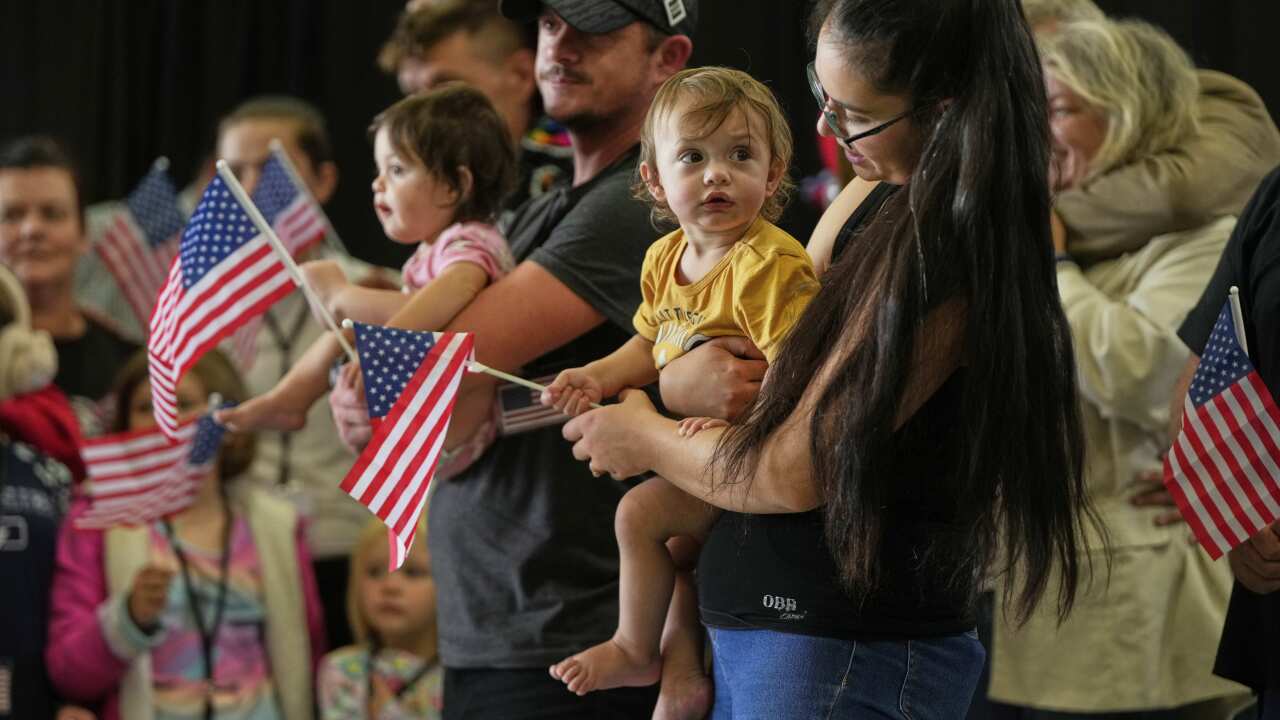The arrival of a group of 59 white South Africans at Dulles International Airport last week has ignited a firestorm of controversy, raising serious questions about the United States’ approach to refugee resettlement and highlighting deep divisions within both America and South Africa. Donald Trump’s decision to grant refugee status to Afrikaners – a minority descended from Dutch colonists – while simultaneously ending protections for Afghans, has been widely condemned as a politically motivated move with potentially devastating consequences.
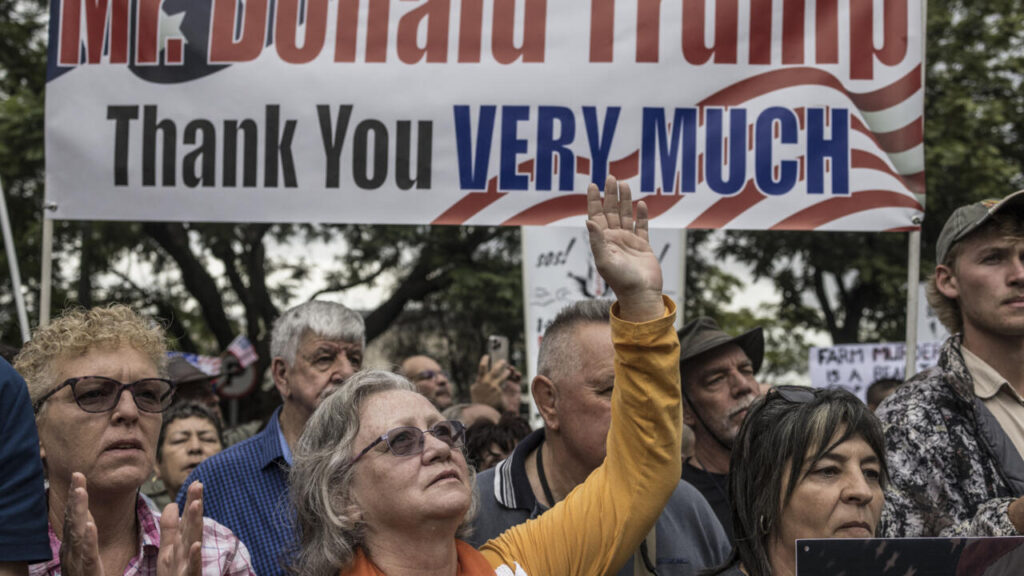
A Divided Welcome
The 59 individuals, accompanied by children, were greeted by US Deputy Secretary of State Christopher Landau and Deputy Secretary of Homeland Security Troy Edgar. The scene at the airport was a stark contrast to the usual arrival of refugees seeking safety and asylum. Instead of waving Palestinian flags or Afghan banners, these newcomers were presented with American flags, a symbolic gesture that underscored the core of the controversy.
Landau, speaking to the assembled group, emphasized the administration’s commitment to “rejecting the egregious persecution of people on the basis of race.” He invoked his own family history, referencing his father’s escape from Europe during the rise of Hitler, framing the situation as a parallel to historical persecution.
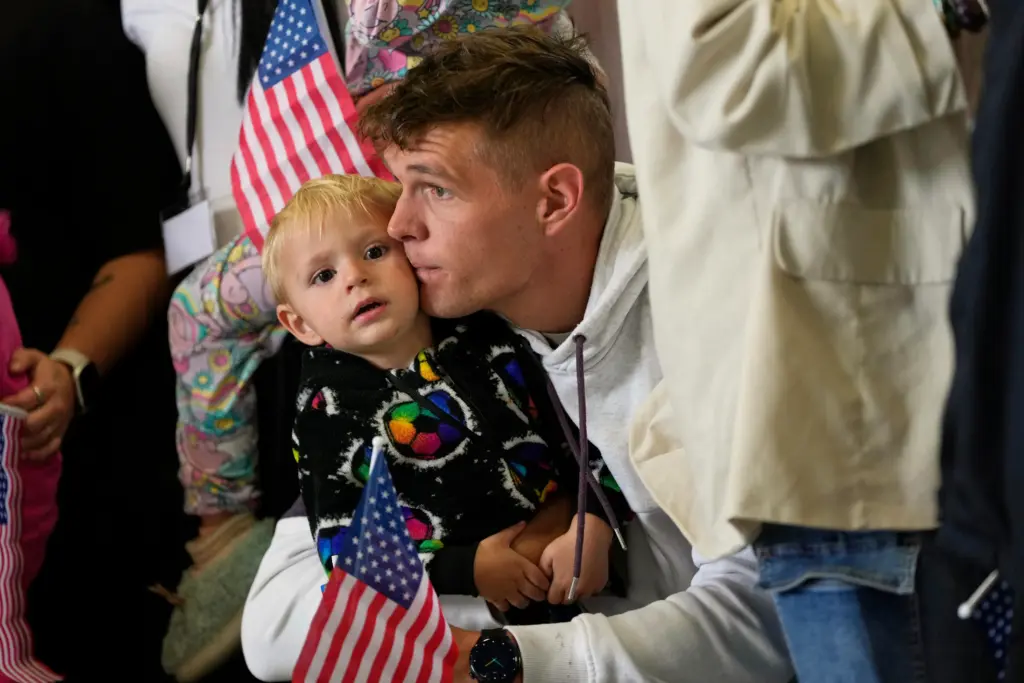
A Politically Charged Decision
Trump’s decision to prioritize Afrikaners over other refugee populations, including those fleeing famine and war, has been met with intense criticism. The President has repeatedly framed the situation as a “genocide,” echoing a far-right conspiracy theory amplified by his South African-born advisor, Elon Musk. This assertion, lacking credible evidence, has fueled accusations of racism and a disregard for international humanitarian concerns.
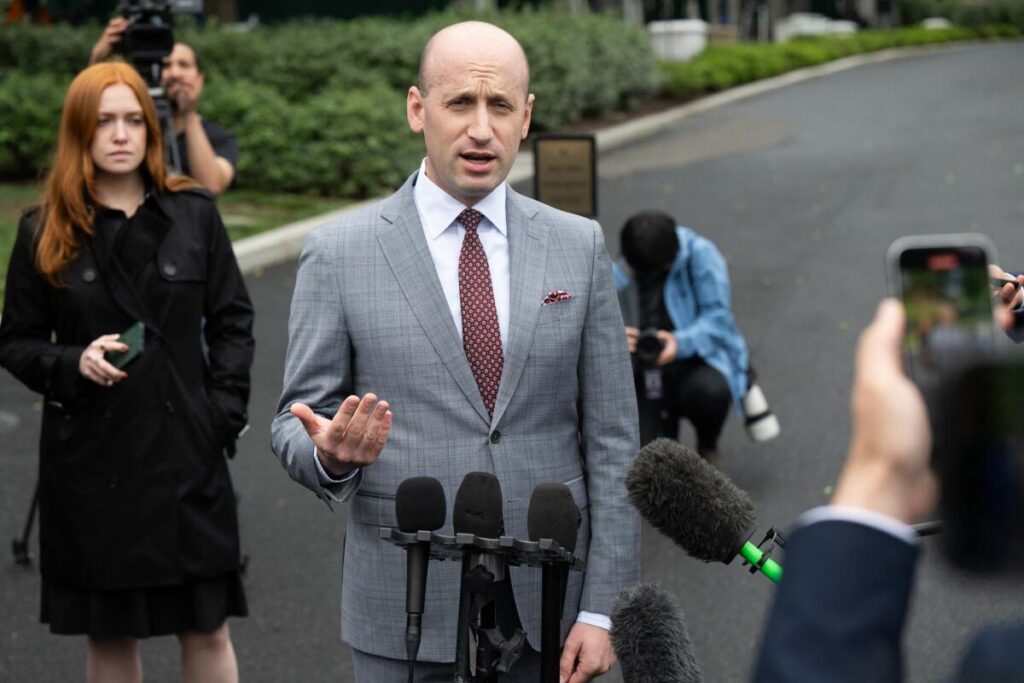
South Africa’s Response
The move has also drawn sharp criticism from South Africa’s President Cyril Ramaphosa, who stated that he had informed Trump of false information regarding alleged discrimination against white South Africans. Ramaphosa expressed confidence that the American government “has got the wrong end of the stick” and pledged to continue dialogue.
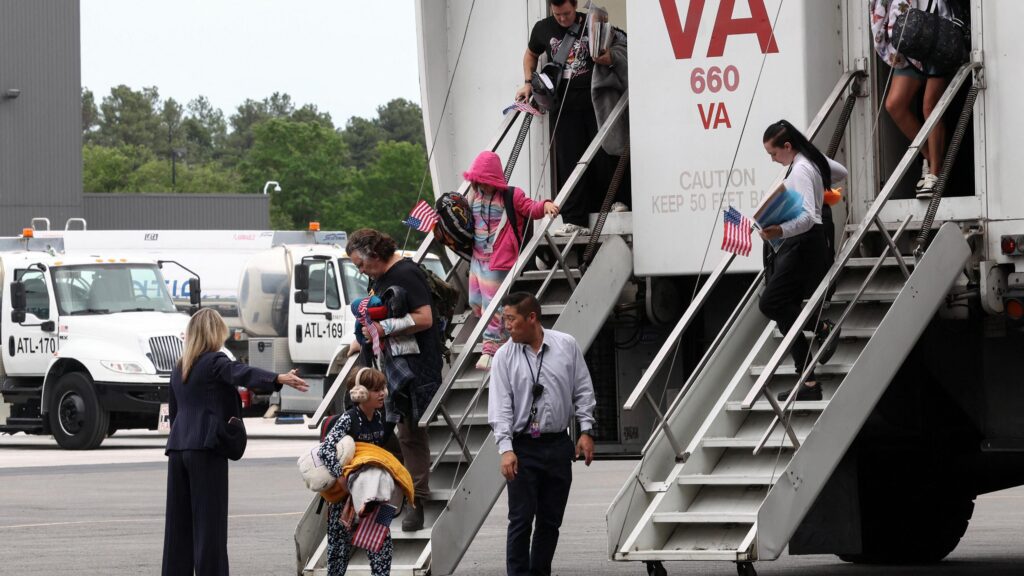
Economic Disparities and a Question of Justice
The decision to prioritize this specific group raises fundamental questions about inequality and justice. Data reveals a stark disparity in wealth between white and Black South Africans – white South Africans typically hold 20 times the wealth of Black people. This economic imbalance, rooted in the legacy of apartheid, is a key factor in the controversy.
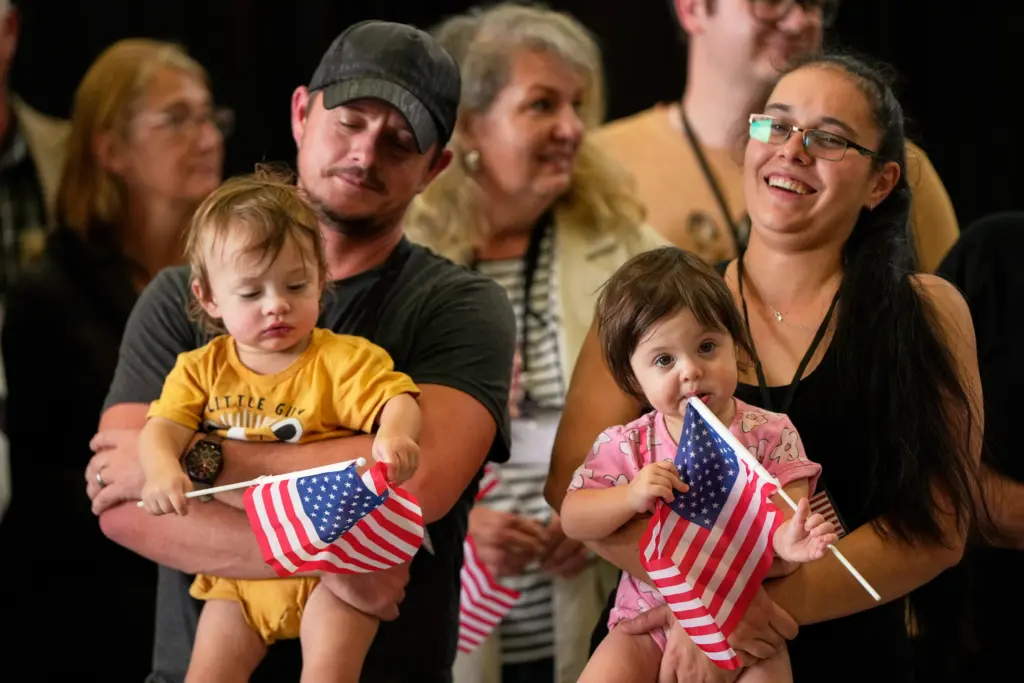
A Divided Nation
The response within the United States has been equally divided. Critics, including Maryland Senator Chris Van Hollen, have denounced the policy as a “global apartheid,” highlighting the administration’s apparent bias. Even the Episcopal church, which has long supported US government efforts to resettle refugees, has severed ties, citing its commitment to racial justice and reconciliation.
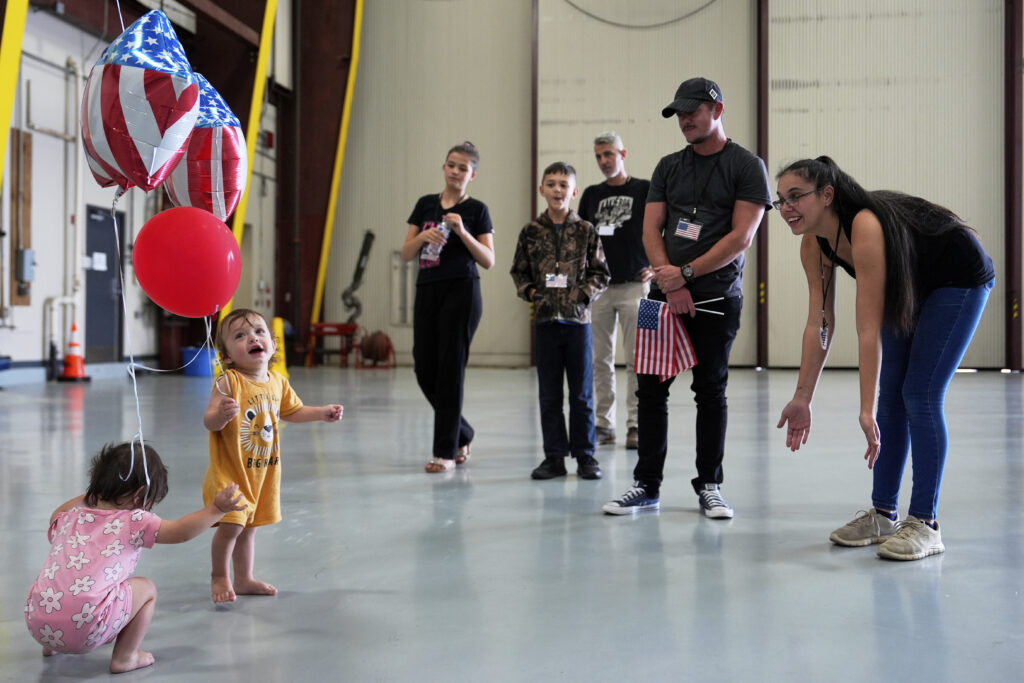
The Bigger Picture
The arrival of these Afrikaners represents more than just a refugee resettlement. It’s a reflection of deep-seated political divisions, economic inequalities, and a complex history of racial injustice. As the debate continues, it forces us to confront difficult questions about who deserves refuge, what constitutes persecution, and the role of government in addressing global humanitarian crises.
Sourced from https://www.theguardian.com/
Additional Details:
